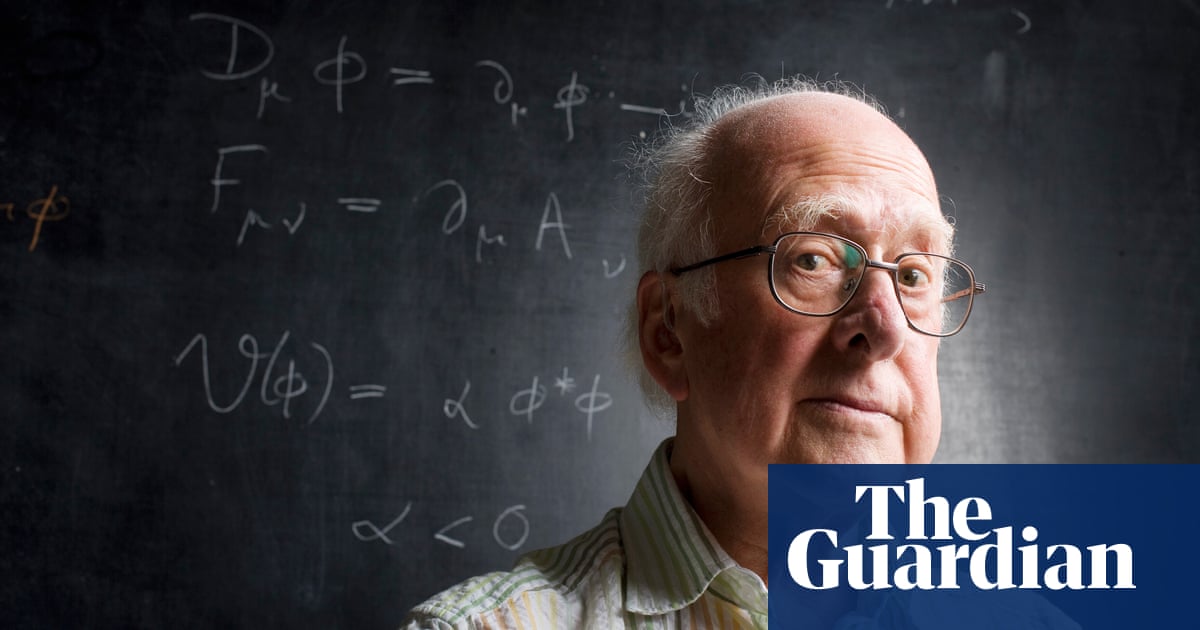Peter Higgs, the Nobel prize-winning physicist who proposed a new particle known as the Higgs boson, has died.
Higgs, 94, who was awarded the Nobel prize for physics in 2013 for his work in 1964 showing how the boson helped bind the universe together by giving particles their mass, died at home in Edinburgh on Monday.
After a series of experiments, which began in earnest in 2008, his theory was proven by physicists working at the Large Hadron Collider at Cern in Switzerland in 2012; the Nobel prize was shared with François Englert, a Belgian theoretical physicist whose work in 1964 also contributed directly to the discovery.
…
Prof Peter Mathieson, the university’s principal, said: “Peter Higgs was a remarkable individual – a truly gifted scientist whose vision and imagination have enriched our knowledge of the world that surrounds us.
“His pioneering work has motivated thousands of scientists, and his legacy will continue to inspire many more for generations to come.”
Prof Fabiola Gianotti, the director general at Cern and former leader of the Atlas experiment, which helped discover the Higgs particle in 2012, said: “Besides his outstanding contributions to particle physics, Peter was a very special person, a man of rare modesty, a great teacher and someone who explained physics in a very simple and profound way.
“An important piece of Cern’s history and accomplishments is linked to him. I am very saddened, and I will miss him sorely.”

